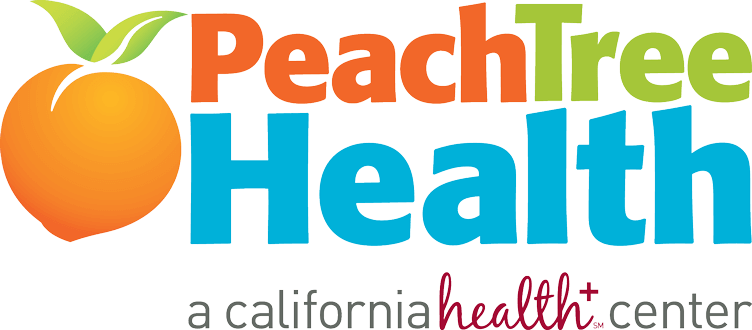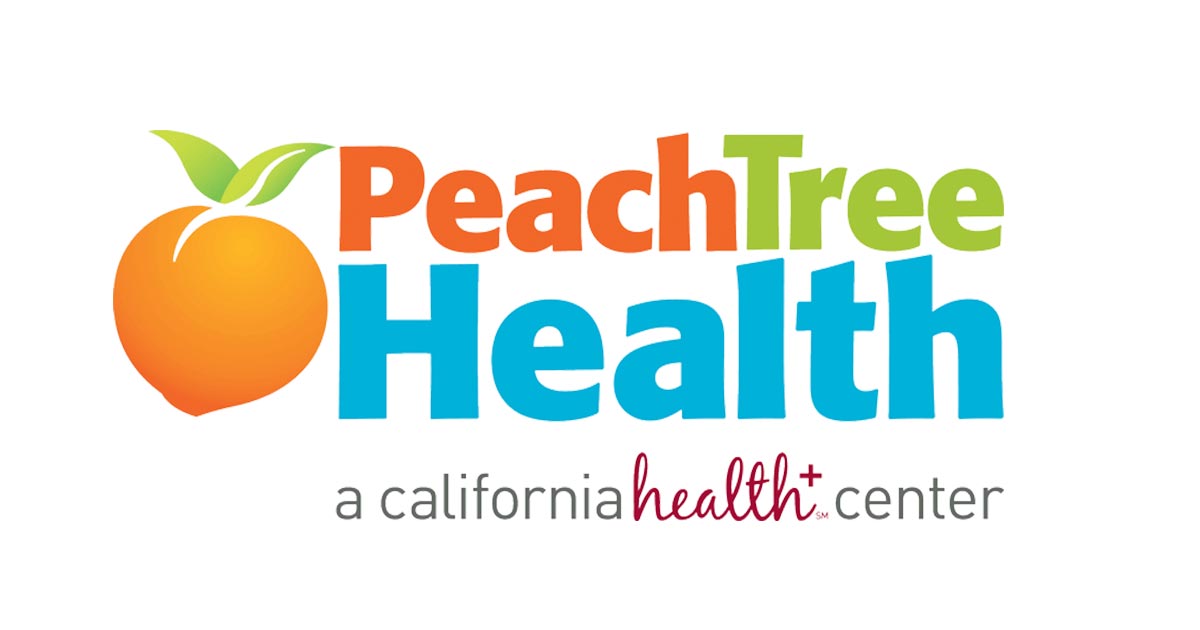Learn About Cervical Cancer Awareness Month
Cervical Cancer Awareness Month: Debunking Myths and Highlighting the Importance of Screening
January marks Cervical Cancer Awareness Month, a time dedicated to shedding light on a disease that affects thousands of women worldwide. This annual observance aims to raise awareness about cervical cancer, its prevention, early detection, and treatment options. In this blog post, we will debunk common myths surrounding cervical cancer and emphasize the critical importance of regular screening.
What is Cervical Cancer?
Cervical cancer is a type of cancer that occurs in the cells of the cervix, the lower part of the uterus that connects to the vagina. Most cervical cancers are caused by the human papillomavirus (HPV), a common sexually transmitted infection. Over time, persistent HPV infection can lead to changes in the cervical cells, increasing the risk of cervical cancer if not detected and treated early.
Debunking Common Myths
Myth 1: Cervical cancer is not common.
Fact: While cervical cancer incidence has decreased significantly due to widespread screening and HPV vaccination, it still poses a significant health risk to women globally. According to the World Health Organization (WHO), cervical cancer is the fourth most common cancer among women worldwide.
Myth 2: Only sexually active women can get cervical cancer.
Fact: While sexual activity, especially with multiple partners, increases the risk of HPV exposure and cervical cancer, it does not exclude abstinent women from developing the disease. HPV can lie dormant for years, making regular screening essential for all women above a certain age.
Myth 3: Pap smears are painful and unnecessary.
Fact: Pap smears, or Pap tests, are simple, quick, and relatively painless procedures that can detect abnormal cervical cells early on, even before cancer develops. Regular screenings can identify precancerous changes, allowing for timely intervention and treatment.
The Importance of Screening
Early Detection Saves Lives
Regular cervical cancer screening, including Pap smears and HPV tests, can detect abnormal changes in the cervical cells early, making treatment more effective. When detected at an early stage, the five-year survival rate for cervical cancer exceeds 90%.
Prevention Through Vaccination
The HPV vaccine is a safe and effective way to prevent cervical cancer by protecting against the most common types of HPV that can lead to cervical cancer. Vaccination is recommended for preteen boys and girls, as well as for young adults who have not been previously vaccinated.
Empowerment Through Knowledge
Knowledge is power, and understanding your risk factors for cervical cancer can empower you to make informed decisions about your health. Regular screenings, discussions with healthcare providers, and staying informed about the latest research and recommendations can help you take control of your cervical health.
Take Action Today!
This Cervical Cancer Awareness Month, take a proactive approach to your health by scheduling a screening appointment with your healthcare provider. Encourage your loved ones to do the same and help spread awareness about the importance of cervical cancer prevention and early detection.
Remember, cervical cancer is preventable and treatable when detected early. By debunking myths, emphasizing the importance of screening, and taking action, we can work together to reduce the burden of cervical cancer and save lives.
For more information about cervical cancer screening, prevention, and treatment options, consult with your healthcare provider or visit reputable health organizations’ websites dedicated to women’s health.
Let’s unite in the fight against cervical cancer and prioritize our health this Cervical Cancer Awareness Month and beyond!
Peach Tree Health offers women’s health services – Obstetrics and Gynecology – This includes screenings, check ups, and treatment.
Call us at (530) 749-3242 to schedule an appointment for your prevention screening today!
You can learn more about all of Peach Tree Health’s services at www.pickpeach.org

